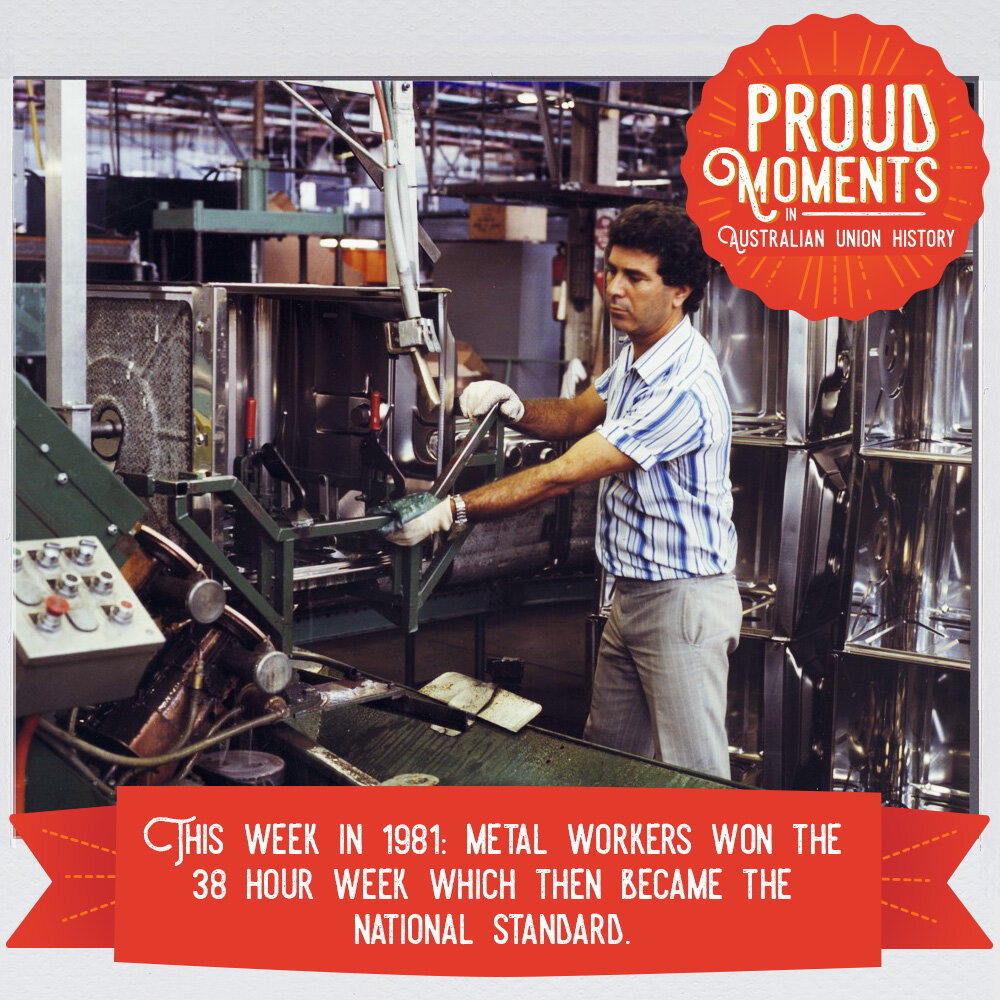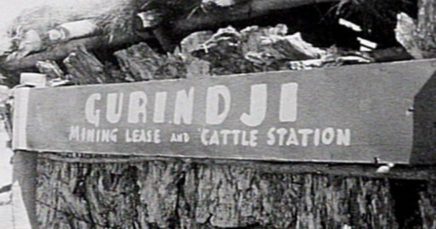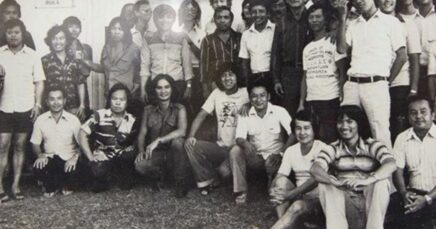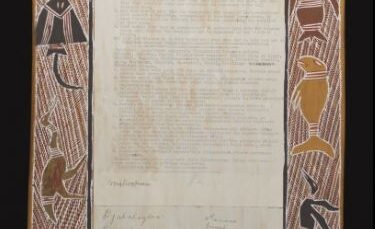
In December 1981, a union campaign led to metal workers winning the 38-hour working week.
Their victory was hugely significant, and it paved the way for the 38-hour week to become standard in other industries as well.
Unions have always campaigned for workers to have a decent work/life balance.
This goes all the way back to the successful campaign for the eight-hour day by building unions in Melbourne and Sydney in 1856.
These workers argued that they had a right to rest and recreation – their lives should be more than just the work they did.
Unions have never stopped campaigning for this right to work/life balance.
In the early twentieth century we won the 44-hour week, and in 1948 the 40-hour week became standard after a long union struggle.
The 38-hour week was won after a campaign by the metal workers union.
The metal workers had long been at the forefront of winning workers’ rights.
Initially employers and the government opposed a reduction to 38 hours, but the metal workers’ union held a series of stop works throughout the industry, convincing the Metal Trades Industry Association (the organisation for bosses in the industry) to agree to the demand.
This was achieved because of strong unions taking action. It was not just given to us, and it was not always there.
It is not surprising then that over the last few decades when unions have been under attack that so many working people have seen the average hours of their working week increasing.
This is why we need strong unions – to defend our rights at work, and protect our right to a life outside of work.



